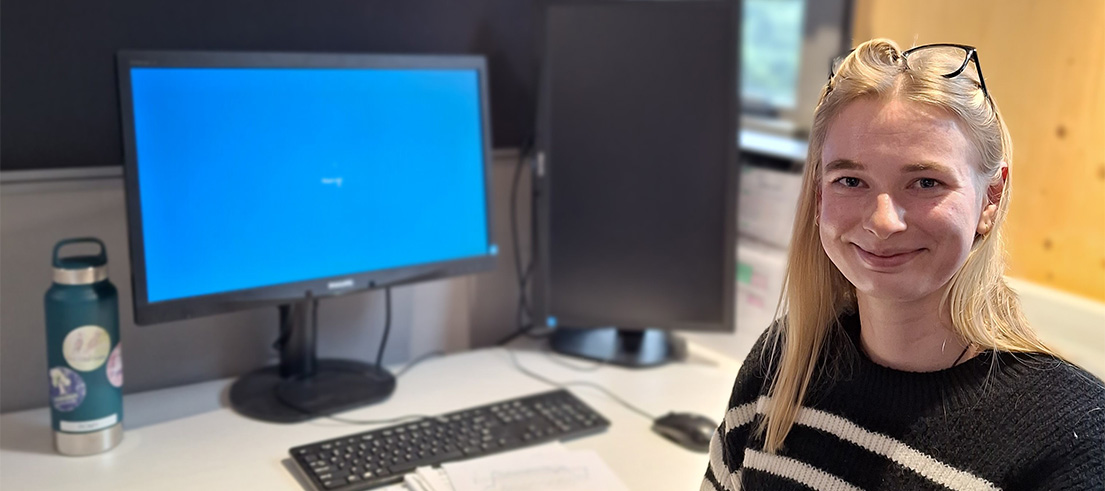Discovery of a 'goldmine' of historical data offers new insight into Mid-Canterbury’s groundwater quality

The Ashburton Water Zone Committee and Mid-Canterbury Catchment Collective (MCCC) support new research to establish a benchmark for regional water quality.
University of Canterbury student Romy Van der Boom is investigating historical water sampling results for the Mid-Canterbury water catchment - an area spanning from the Rakaia River to the Rangitata River and up to the Canterbury Main Divide.
Romy’s work is part of the Water Science Update, a project to collect all recorded water samples in the region to find a historical benchmark for water quality.
If this can be found, it will mean trends in water quality can be compared to changes in land use and agricultural practices over time.
The findings will help those using and managing water in the region make the best decisions to protect groundwater. They may also suggest which interventions or changes in practices would have the greatest impact on water quality.
Finding a baseline
The first tranche of Romy’s work involved the formidable task of gathering all the known data sources for groundwater testing in this area into one central location.
“Continuous water quality testing in Environment Canterbury’s database only began in the 1990s-2000s,” said Romy.
“Our goal is to create a model using other historical data to give us a picture of what was going on before this.
“What was groundwater quality like before we had major changes in land use, irrigation technology and water use efficiency? This will help us establish a baseline for water quality in the region.”
With the help of MCCC committee members, Romy mined a huge range of sources and found data going all the way back to the early 1900s.
This was a major undertaking. “Data was kept by a huge variety of sources,” said Romy. “There was everything from electronic databases all the way through to storage in shoe boxes in personal garages.”
Groundwater data 'goldmine'
A major discovery was made towards the end of the project when Romy connected with Philippa Aitchison-Earl, our Senior Groundwater Scientist.
“Philippa and her team had found 2,208 historical Canterbury groundwater quality samples spanning the period 1901-1982 not currently in the Environment Canterbury database,” said Romy.
This included results from the South Canterbury Catchment Board, the Institute of Environmental Science and Research (ESR), the Department of Scientific and Industrial Research's chemistry division, and the New Zealand Geological Survey.
It took two years and the help of two university students for the team to compile the dataset. This work is ongoing as our staff continue to archive and report on the results.
Romy will be the first researcher to analyse the Ashburton section of the records and seek to understand what it says about the history of groundwater in Mid-Canterbury.
Where to from here?
The data collection now finished, Romy will soon begin her Master’s thesis for her Master of Science (MSc) degree in Water Science and Management which will focus on analysing the results. She will be looking for any trends in the data and how these compare to major changes in the local agricultural environment.
“I hope this research gives a bit of clarity to the farming community and the people making decisions around the regulation of groundwater. I hope it illuminates the issue,” said Romy.
In commissioning this research, the MCCC hopes that Romy’s work will give people a good guide of what has happened in the past and what practices have led to what we are seeing in our groundwater now.
“We want to know what changes we can make now to ensure we have a vibrant local economy and natural environment in the future,” said Phill Everest, MCCC Water Science Update Project Lead.
“Everybody tries to be a good custodian of their land, but we do learn things as time goes on. There are now technologies and practices we can change to get better outcomes,” said Phill.
Romy’s findings will be presented to the MCCC and the Ashburton Water Zone Committee at the conclusion of her thesis in June 2024.
Our scientists will continue their involvement with Romy’s work, signing on as advisors for her Master’s thesis.
